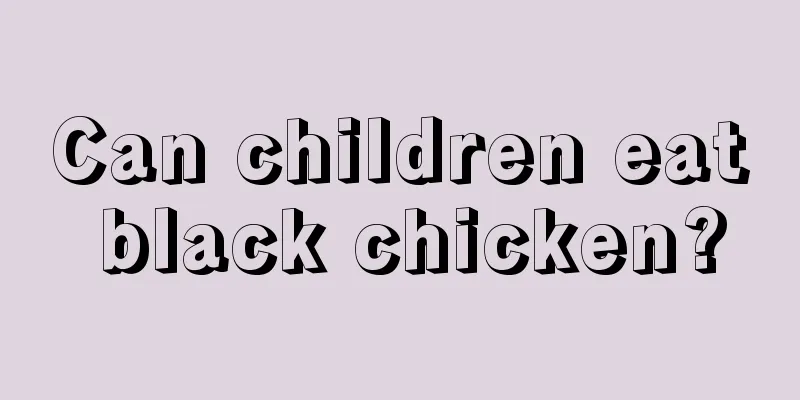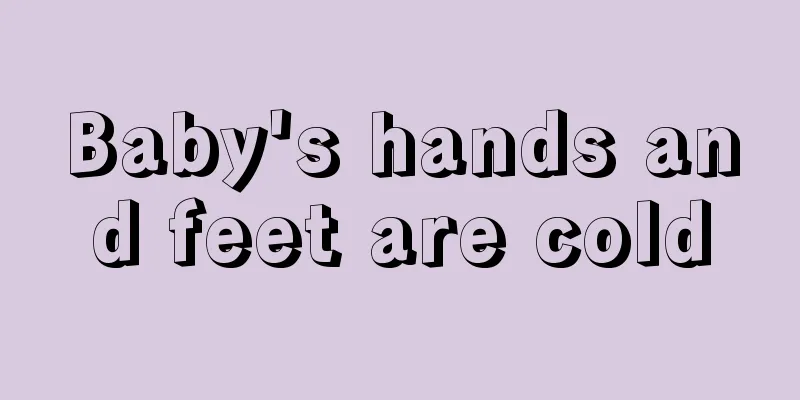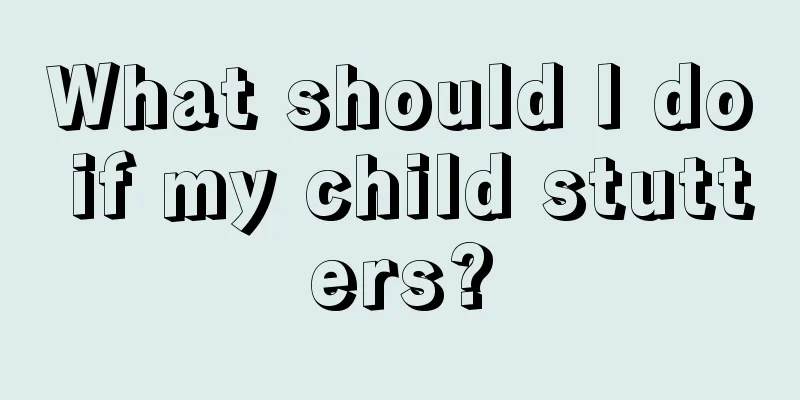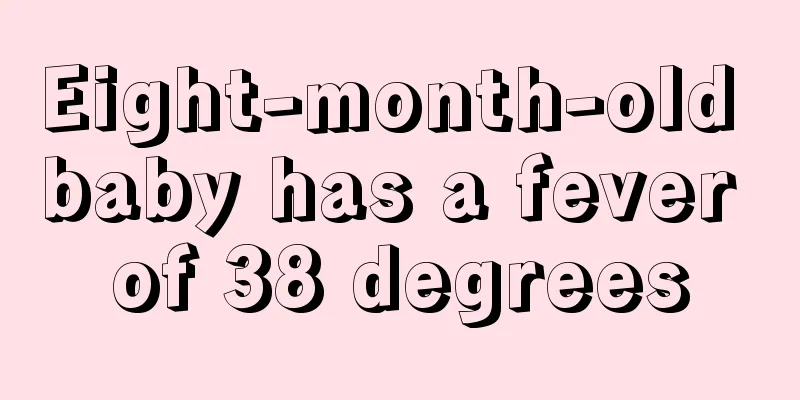What should I do if my baby sucks his fingers?
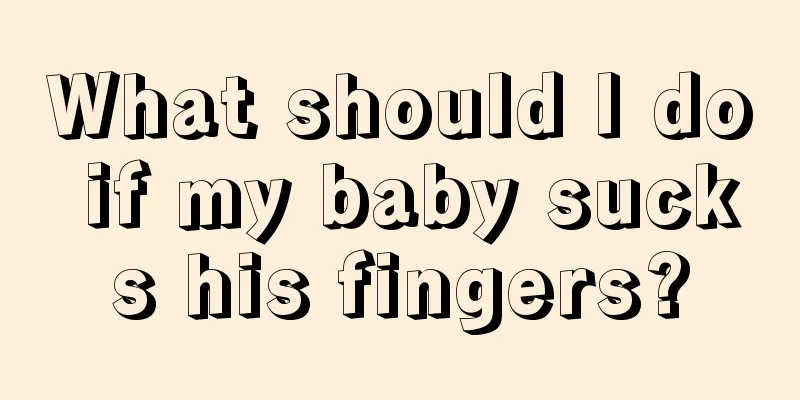
|
Almost every child has the habit of sucking his or her thumb when they are young. This is not a big problem and may even be considered a natural instinct. For example, if a baby over two months old sucks his fingers, it may represent some signals he is sending. What should parents do when they see their baby over two months old sucking his fingers? Should they stop his behavior? Next, let’s talk about what to do if your baby sucks his fingers after two months old, and see what the correct approach is. Babies suck their fingers for the following reasons: (1) Sucking fingers is a sign of intellectual development: When babies are 2 to 3 months old, as the cerebral cortex develops, they learn two actions. One is to wave their hands in front of their eyes and stare at their hands. This is called the hand-watching game. The other is to suck their fingers. Because babies initially use their tongues to perceive external objects, some babies use this special way to recognize the various parts of their bodies. (2) Sucking fingers is a psychological placebo for babies. When babies' needs are not met, such as when they are hungry but cannot wait for milk or when they need their mother's caress but cannot get it, they will start sucking their fingers as a placebo to stabilize their emotions. Thumb sucking does not need to be corrected during this period. Almost all babies go through a period in which they are particularly interested in their opponents. Babies will put their hands in their mouths and suck on them, or put anything they can reach or hold in their mouths. Many young parents think this is an extremely unhygienic and bad habit and try to correct it by force. In fact, it is a very natural phenomenon for babies to suck their fingers and chew things. It is an inevitable result of the development of their nervous system. When babies eat their hands or chew things, parents need to pay attention to the following issues: (1) Pay attention to hygiene. Parents should wash their babies' hands frequently and disinfect their toys. (2) Prevent foreign objects from harming children. Do not place buttons, beans, etc. where the baby can reach them to prevent foreign objects from blocking the baby's trachea and causing life-threatening danger. (3) Pay attention to the baby’s thumb sucking caused by “loneliness”. Some babies use their thumbs to comfort themselves due to lack of affection. Therefore, when the baby can reach out to grab toys and shows obvious preferences for different shapes and sounds, but still has the habit of sucking his fingers or chewing things, it means that the baby feels "lonely" and needs to communicate with adults. This should attract the attention of parents. Now everyone knows what to do if a baby over two months old sucks his thumb. Babies over two months old are still very fragile, so parents can only guide and accompany the baby by understanding his emotions at the time, rather than directly stopping him. Also, be careful not to place small foreign objects next to the baby to prevent the baby from putting other objects in his mouth while sucking his fingers, causing unnecessary trouble. |
<<: How to supplement calcium for nine-month-old babies
>>: How effective is the children's cold antipyretic syrup
Recommend
What should children not eat if they have poor digestion and absorption?
Whether a child can grow up healthily depends not...
What to do if your child vomits after eating
Nowadays, most families have only one baby, so th...
Treatment of primary nephrotic syndrome in children
Some children suffer from kidney disease, which s...
What should I do if my 5-year-old child has tooth decay?
The physical health of the baby is always the mos...
Why is my child’s face swollen?
Children generally have delicate facial skin, and...
6 month old baby sleep time
Babies do not have a fixed schedule. They usually...
Can babies eat pineapples? Be careful from now on!
Many people like to eat pineapples in daily life,...
What is the situation of a two-month-old baby having less sleep?
In the eyes of parents, the most important thing ...
Can a four-month-old baby eat watermelon if he gets angry?
We all know that watermelon is a great summer foo...
What to do if your baby has a chalazion in his eye
Everyone should know that baby granuloma has beco...
What is the cause of a child's nasal congestion for a long time?
Normally, many of our friends will have stuffy no...
What to do if your child has a fever of 37.4
For adults, having a cold and fever is a very com...
Diet therapy for ADHD in children
Attention Deficit Hyperactivity Disorder in child...
What are the adverse reactions to the measles-mumps-rubella vaccine?
Children's immunity is relatively weak when t...
What are some ways to cultivate self-discipline in children?
During the growth of our children, we parents wil...

